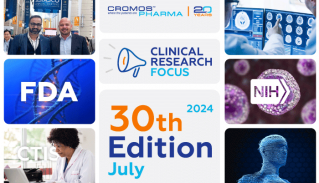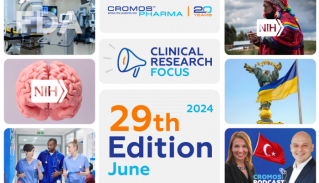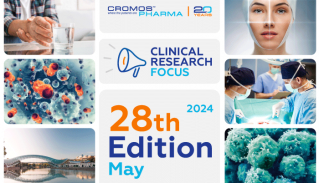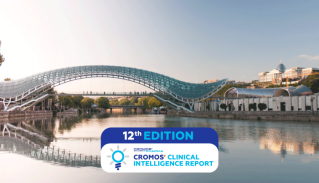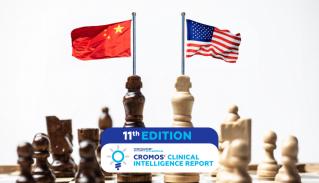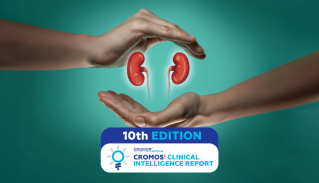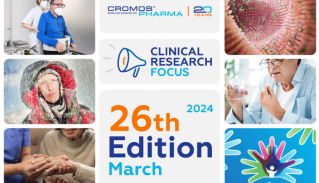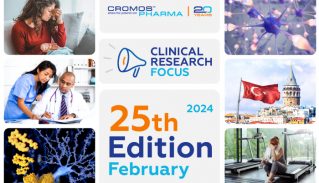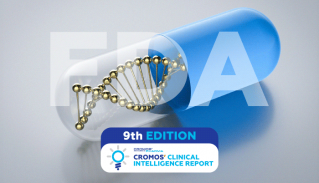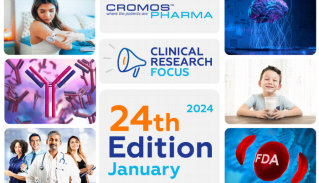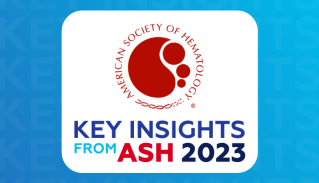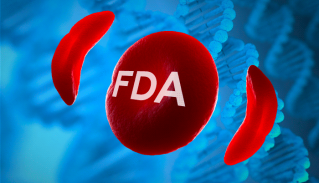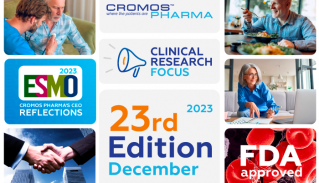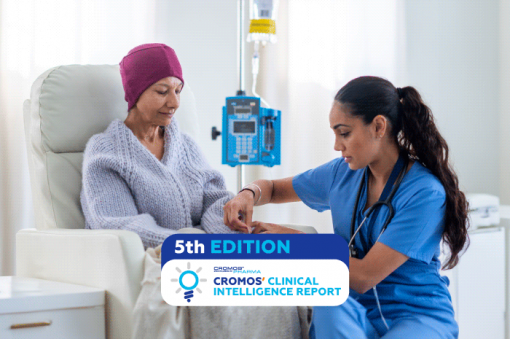
Enhancing Oncology Drug Dosage Optimization: Project Optimus
In the quest to balance timely access to new cancer drugs with a profound understanding of patient response variability, the FDA is taking pioneering steps within the realm of oncology. Factors such as patient diversity, disease variations, and the need for individualized dosages underscore the critical importance of dosage optimization. Project Optimus, a groundbreaking initiative led by the FDA’s Oncology Center of Excellence (OCE), is at the forefront of these efforts.
Project Optimus
Project Optimus represents a transformative shift in the selection of oncology drug dosages. It brings together interdisciplinary scientists, patients, caregivers, advocacy groups, drug developers, and academia to explore innovative approaches to dose-finding and dosage optimization. Through regulatory guidance, public engagement, education, and research, this initiative actively fosters essential conversations and advancements.
The Case for Dosage Optimization
The need for dosage optimization, especially in the premarket setting, is compelling. Many new oncology drugs have required post-marketing trials to explore alternative dosages, often involving large, resource-intensive, multi-year endeavors. This highlights the possibility that some patients may have been exposed to suboptimal dosages, underscoring the urgency of our initiatives.
Optimizing Dosage
In the pursuit of optimal dosages, new trial designs and analytical methods are being proposed. Conventional approaches like the Maximum Tolerated Dose (MTD) often fall short with newer targeted therapies and immunotherapies, which do not exhibit traditional dose-limiting toxicities (DLTs). Therefore, novel strategies such as controlled backfill, planned expansion cohorts, and randomized parallel dosage comparisons are being considered to generate more clinical data and bolster confidence in dosage selections.
Model-Informed Drug Development
The FDA is increasingly embracing model-informed clinical trial designs in alignment with evolving methodologies. Model-informed approaches, including MCP-Mod, BOIN design, and empirically based Bayesian maximum effect (Emax) models, are now deemed “fit-for-purpose” in certain contexts. These model-based approaches offer a valuable alternative to traditional toxicity-driven trials.
Utilization of Adaptive Designs
Recognizing the practical challenges in identifying optimal dosages pre-approval, it is crucial to explore seamless, adaptive designs that address key questions about optimized dosage, safety, and efficacy. These adaptive approaches may involve comparing multiple dosages, both before and during registration trials, simplifying the process.
Biomarker Science and Personalized Medicine
Advancements in biomarker science provide an exciting opportunity to integrate data on pharmacokinetics (PKs), pharmacodynamics (PDs), safety, tolerability, and tumor response. This integration aids in understanding the relationship between drug exposure metrics, safety, and efficacy. Machine learning approaches are also being explored to predict patient response variability, significantly reducing the risk associated with dosage selection and clinical development.
Real-World Data Integration
Following drug approval, real-world data (RWD) often encompass more diverse patient populations than those studied in clinical trials. The FDA encourages drug developers to leverage RWD to further refine dosages based on patient-specific factors, recognizing that optimization is an ongoing process.
Oncology Dosing Toolkit
To assist stakeholders in optimizing drug dosages and identifying the most favorable benefit-risk profile, the FDA has developed a comprehensive toolkit. This toolkit aids in decision-making throughout clinical development, especially when selecting dosages for registration trials. It addresses key questions such as which dosages to evaluate during dose escalation, which dosages to investigate further in randomized evaluations, and which dosages to select for registration trials.
Embracing Change
In the era of chronic cancer treatment, there is no one-size-fits-all approach to dosage optimization. Identifying optimal dosages before drug approval is imperative as patients increasingly take oncology drugs for extended periods. This transformative era in oncology drug dosage optimization calls for collaboration, innovation, and a patient-centric approach. By embracing these principles and continuously adapting to evolving science, we pave the way for more effective and personalized cancer treatments, benefiting both patients and healthcare professionals alike.
Given the changing scope of phase 1 trials that now require a larger number of patients and the slow recruitment rates for early phase trials, it becomes evident that utilizing the services of CROs such as Cromos Pharma and early introduction of clinical sites outside of the US is a logical choice. This strategic approach aligns with the evolving landscape of oncology drug dosage optimization and aids in expediting the process, ensuring patients have access to the most effective treatments.


